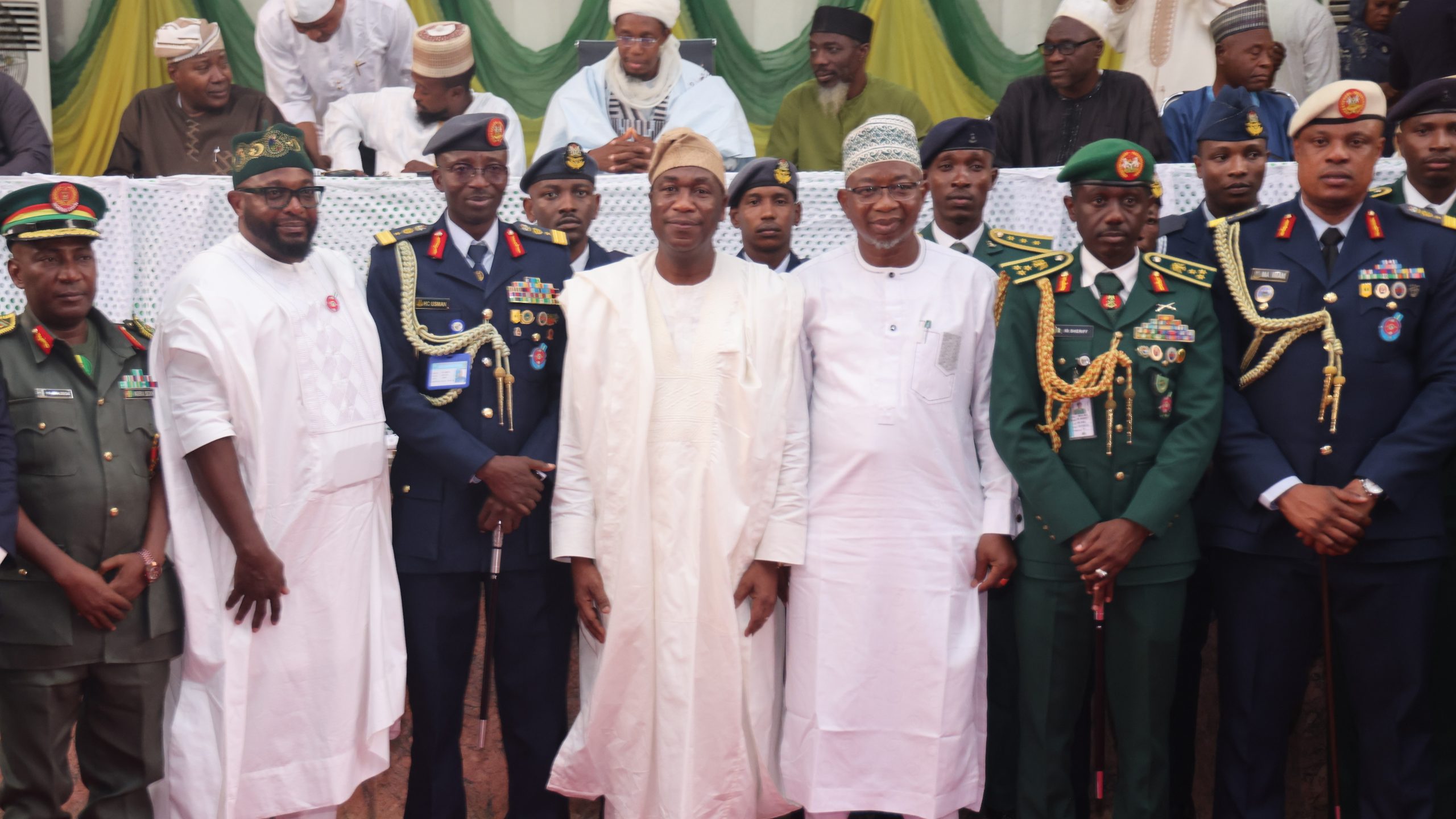
A new report released by a United Kingdom and Nigeria-based Civil Society Organisation, Stakeholder Democracy Network (SDN) has revealed that nearly 3,000 armed clashes have occurred in the Niger Delta over the past four years resulting in more than 4,500 deaths.
The study titled: “Devil’s Workshop: A Participatory Analysis of Violence & Criminality in the Niger Delta” exposes the worsening crisis of violence and criminality in the oil-rich region which the report said is driven by cultism, political conflicts, and illegal oil activities.
Conducted in collaboration with Search for Common Ground, with support from the European Union, the report revealed how economic hardship, political exploitation, and environmental degradation continue to fuel instability across Bayelsa, Delta, and Rivers states.
Presenting the report on Thursday in Abuja, Deputy Programme Manager of the organisation, Ifeoma Ndekwu, said that gang rivalries, cult-related killings, and clashes between security forces and criminal groups account for a significant number of deaths.
The report also identified chronic unemployment, poverty, and inflation as key drivers pushing many youths into criminal enterprises. “High rates of death weigh heavily on communities. Nearly 3,000 armed clashes, and over 4,500 fatalities associated with crime and violence were recorded over the past four years.”
“Those directly involved in violence are at particularly high risk, especially members of cult gangs. Deaths are also common in the illegal oil trade, particularly among those working In or visiting refineries. Explosions at these sites frequently result in fatalities, as many refiners reported, and security agents also kill individuals involved.
“These recurring deaths not only devastate families but also perpetuate fear, instability, and the cycle of violence within affected communities”, the report said.
The report also implicated political actors, saying they were mobilising young people frequently armed for violent electoral campaigns.
Speaking, Country Director, SDN, Florence IbokAbasi, said that Niger Delta continues to struggle with the paradox of abundant natural wealth alongside poverty and youth unemployment which have contributed to crime and violence.
According to IbokAbasi, the traditional belief that idleness leads to crime is not entirely true, stating that young people are actively recruited into criminal enterprises by powerful figures who take advantage of their desperation.
IbokAbasi pointed out that political decisions, such as the recent state of emergency in Rivers State, can further erode public trust in democracy, adding that there is a need to see crime in the region as a systemic issue, rather than just a consequence of poverty.
“The Niger Delta presents a paradox abundant natural wealth on one hand, yet persistent poverty and youth unemployment on the other. This contradiction has fueled crime and violence, which have become deeply embedded in the region’s socio-political fabric.
“We must move beyond simplistic narratives and recognize crime in the Niger Delta as a systemic issue. It is not just about poverty but about deeply entrenched networks of influence that thrive on economic desperation and political manipulation”, IbokAbasi said.
Acting Country Director, Search for Common Ground, About Quattara called for informed, community-driven interventions that prioritize inclusive development, collaboration, and sustainable peace.
He said: “For too long, responses to criminality in the Niger Delta have relied on security-led, top-down measures that overlook the deeper structural issues faced by communities. This report shifts the focus to the real incentives driving individuals into crime.”
“By prioritizing a gender-sensitive and community-centred approach, we gain insights from those most affected by exclusion. These voices are critical in designing sustainable solutions that promote peace, economic stability, and social resilience.”
Section Head, Civil Society, Human Rights and Youths Governance, Peace and Migration, EU Delegation to Nigeria, Alba Ruben, lamented that the region is contributing significantly to the federal budget while still suffering from poverty, unemployment, and violence.
He urged government authorities at all levels to ensure that local government areas receive their rightful share of federal funds, stressing that economic empowerment and governance reforms are key to providing alternatives to crime.
“It is a striking paradox that the Niger Delta, Nigeria’s wealthiest region in terms of resource contributions, continues to struggle with widespread poverty, unemployment, and persistent conflict. This situation must change, and it can change.”
“Governance and economic empowerment are crucial to breaking the cycle of crime. We must ensure that public funds reach local communities and are used to create legitimate economic opportunities instead of fueling illegal activities”, he said.






